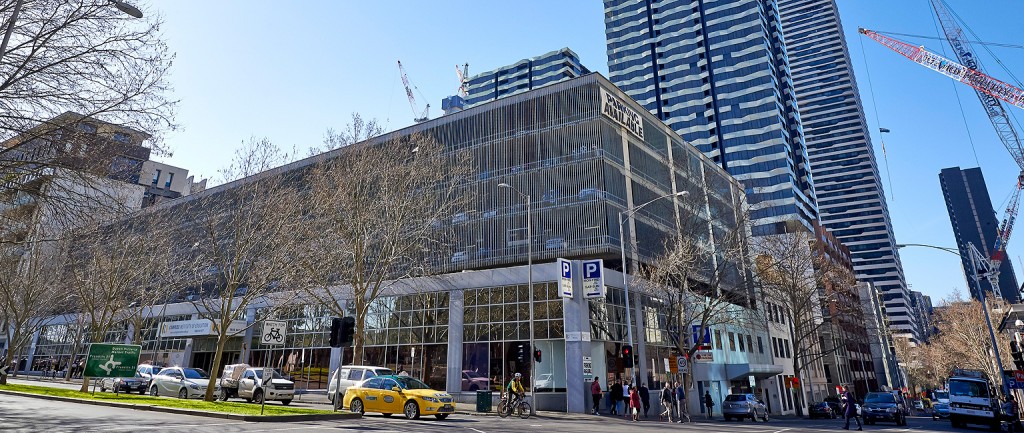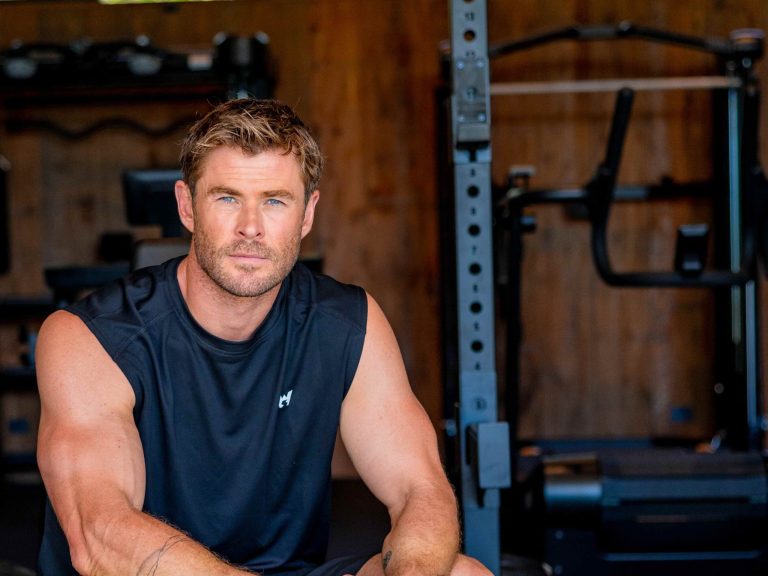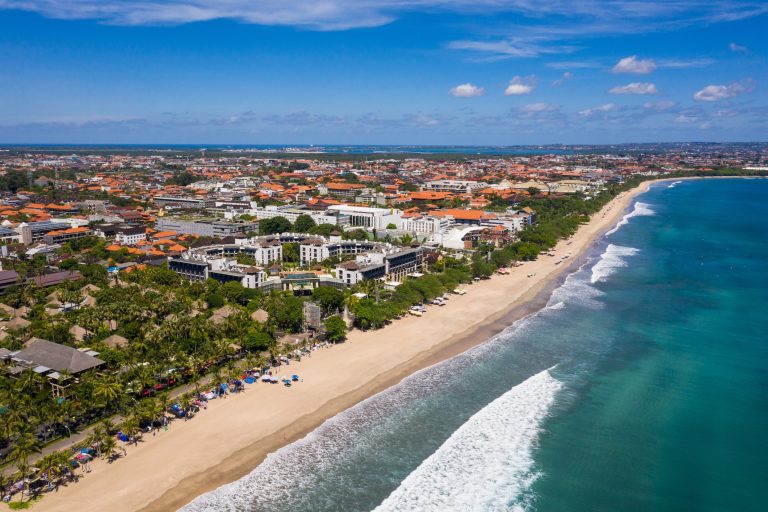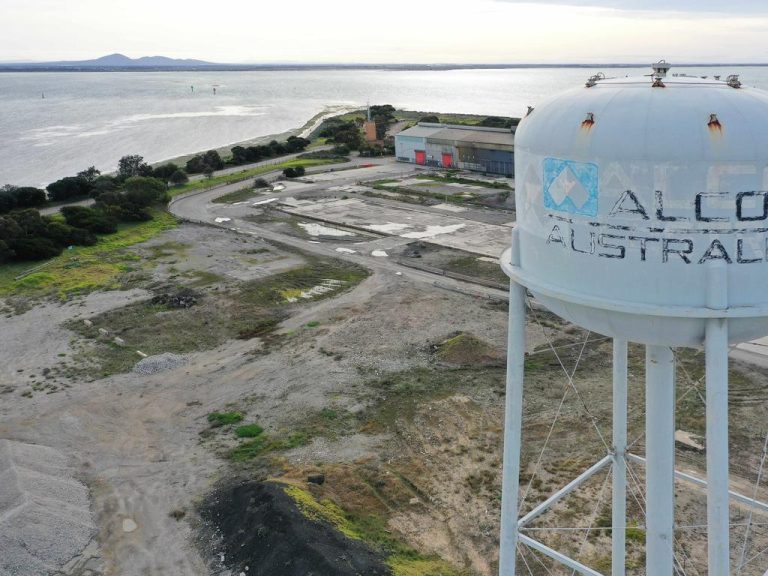CBD car parks now an endangered species

It’s the news that CBD commuters and workers have been dreading.
Australia’s city car parks are expected to become an increasingly rare – and increasingly expensive – commodity in 2016 as the push for residential developments and streets that are more pedestrian and bicycle-friendly intensifies.
The lack of parking options is likely to drive commuter parking fees – which have topped an astronomical $100 per day in some cities – even higher, as car park operators capitalise on the chronic shortage.
A Colliers International report says the increasing number of workers commuting to Australia’s capital city CBDs, coupled with a decline in car parking demand from the companies that employ those workers, will make car parking even more difficult to attain in the coming years.
Big deal: Melbourne car parks slated for monumental $100m sale
Colliers International’s head of corporate solutions, Doug Henry, says the current car parking climate is falling further and further in favour of owners and operators.
“Tenant demand for car parking continues to decline and in 2016 this trend is expected to endure,” Henry says in Colliers’ 2016 Property Outlook report.
“Within our CBDs, car parking supply continues to be outstripped by growth in worker numbers, which is making it far more expensive to secure parking.”

This six-level car park in Carlton is part of a portfolio expected to fetch more than $100 million.
Car parks were among Australia’s most sought-after commercial properties in 2015, with a string of high profile sales and marketing campaigns.
In November a Chinese developer paid $30 million for a South Melbourne car park and office complex with 380 parking bays.
The properties at 15-29 and 31-33 Bank St sold on a tight 3.9% yield on behalf of a local private owner.
The thing with car parks is that with the congestion levy and land tax for such large sites, they’re becoming almost unaffordable to hold
The University of Adelaide earlier made the most of the market conditions by selling off a portfolio of buildings that included an eight-level, 498-bay car park for $25 million, with a local car park operator taking the spoils.
And the sale of pair of car parks in Melbourne’s CBD and neighbouring Carlton is expected to be finalised early in the new year, with the final price expected to reach $110 million – the highest mark for a commercial car park in more than a decade.
Colliers International agent Daniel Wolman, who helped to sell and market both the South Melbourne and Melbourne CBD portfolios, says CBD car parks are becoming a dwindling asset class because the land they sit on is so highly prized.

A South Melbourne car park portfolio was sold for $30 million late in 2015.
“There’s a lot of interest at the moment and the thing with car parks is that with the congestion levy and land tax for such large sites, they’re becoming almost unaffordable to hold,” Wolman says.
“Developers are buying them because that’s where the money is.”
Henry says a number of other factors are contributing to the deepening dearth of car parking.
“A renewed focus on the development and liveability of our cities by the Federal Government, and the potential for them to assist with the funding of major rail and other non-road infrastructure, is encouraging tenants to reduce their car parking take-up,” he says.
Within our CBDs, car parking supply continues to be outstripped by growth in worker numbers, which is making it far more expensive to secure parking
“Congestion and a push by local city councils to make it more difficult to drive within CBDs will discourage many employees from travelling to work by car.”
But Henry says the push towards more workers utilising public transport and other non-car means of work travel will lead to improved facilities within CBD office buildings.
“As a result, there will be further development of end of trip facilities in existing and new buildings,” he says.







